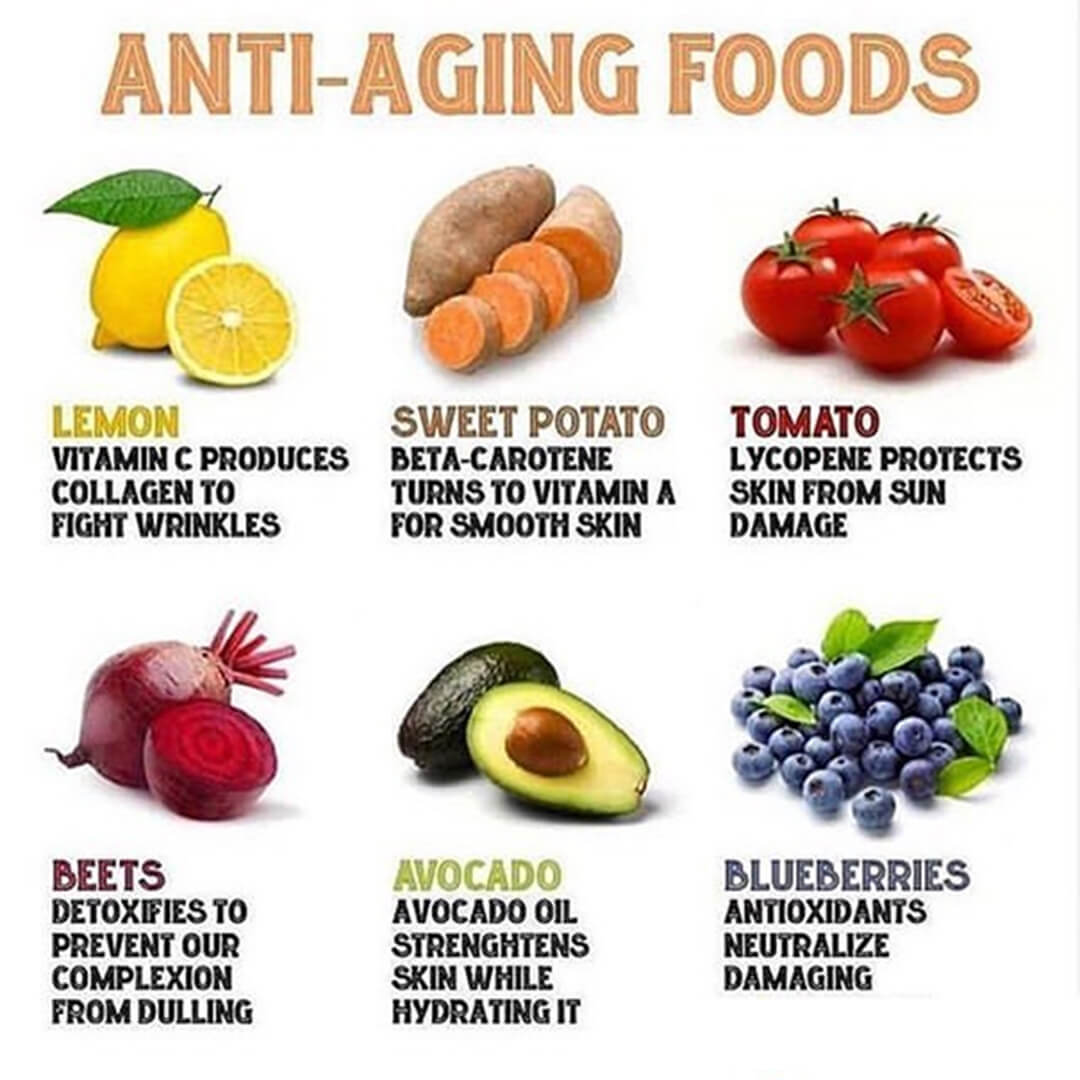Nutrition for Anti-Aging Health

The Importance of Nutrition for Anti-Aging Health
Admin understands that the food we eat can have a significant impact on our overall health and well-being, especially as we age. Consuming a balanced diet that is rich in nutrients can help slow down the aging process, reduce the risk of chronic diseases, and improve our mental and physical health.
Key Nutrients for Anti-Aging Health
There are several key nutrients that are essential for anti-aging health:
- Antioxidants: Antioxidants help protect our cells from damage caused by free radicals, which are unstable molecules that can contribute to aging and disease. Foods that are rich in antioxidants include berries, dark chocolate, spinach, and nuts.
- Omega-3 Fatty Acids: Omega-3 fatty acids are essential fats that our body needs to function properly. They can help reduce inflammation, lower the risk of heart disease, and improve brain function. Foods that are rich in omega-3 fatty acids include fatty fish, flaxseeds, and walnuts.
- Calcium and Vitamin D: Calcium and vitamin D are essential for strong bones and teeth. As we age, our bones become weaker, and we are at a higher risk of developing osteoporosis. Foods that are rich in calcium and vitamin D include dairy products, leafy greens, and fatty fish.
- Protein: Protein is essential for muscle growth and repair. As we age, we tend to lose muscle mass, which can lead to frailty and a higher risk of falls. Foods that are rich in protein include lean meats, poultry, fish, beans, and nuts.
Benefits of a Nutrient-Rich Diet for Anti-Aging Health
Consuming a nutrient-rich diet can provide several benefits for anti-aging health:
- Improved brain function
- Reduced risk of chronic diseases, such as heart disease, diabetes, and cancer
- Stronger bones and teeth
- Reduced inflammation
- Better skin health
- Improved mental health and mood
Disadvantages of a Poor Diet for Anti-Aging Health
On the other hand, consuming a poor diet that is lacking in nutrients can have several negative effects on anti-aging health:
- Increased risk of chronic diseases, such as heart disease, diabetes, and cancer
- Weak bones and teeth
- Poor brain function
- Inflammation
- Poor skin health
- Poor mental health and mood
FAQs
1. What are the best foods for anti-aging health?
The best foods for anti-aging health include fruits, vegetables, whole grains, lean proteins, and healthy fats. These foods are rich in nutrients that can help slow down the aging process, reduce the risk of chronic diseases, and improve overall health and well-being.
2. How much protein do I need for anti-aging health?
The amount of protein you need for anti-aging health depends on your age, gender, and activity level. Generally, adults should aim to consume 0.8 grams of protein per kilogram of body weight per day. However, older adults may need more protein to maintain muscle mass and prevent frailty.
3. Can supplements help with anti-aging health?
While supplements can provide some benefits for anti-aging health, they should not be relied on as the sole source of nutrients. It is best to consume a balanced diet that is rich in nutrients to support overall health and well-being.
4. How can I incorporate more nutrients into my diet?
You can incorporate more nutrients into your diet by consuming a variety of fruits, vegetables, whole grains, lean proteins, and healthy fats. Try to include different colors and types of fruits and vegetables in your diet to ensure that you are getting a variety of nutrients. You can also try new recipes and experiment with different cooking methods to make healthy eating more enjoyable.
Conclusion
Admin understands that nutrition plays a crucial role in anti-aging health. Consuming a balanced diet that is rich in nutrients can help slow down the aging process, reduce the risk of chronic diseases, and improve overall health and well-being. By incorporating more nutrient-rich foods into your diet, you can support your body's natural aging process and enjoy a healthier, happier life.
